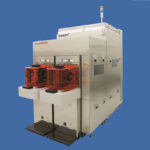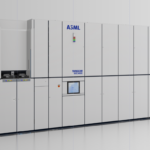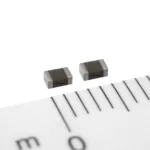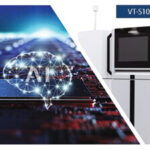ASIA ELECTRONICS INDUSTRYYOUR WINDOW TO SMART MANUFACTURING
Chino Builds Strength on Wafer Temperature Measurement
Leveraging strength on temperature measurement during silicon wafer manufacturing process, Chino Corporation has been promoting the use of technologies in temperature control and management, including non-contact radiation thermometers. These are often used to pull up columnar single crystal masses (ingots) from silicon melts.
The melting point of silicon is about 1,410°C. If a part, even a small one, lower its temperature when being pulled up, cracking may appear in the ingot. The company recommends the installation of several thermometers at the dedicated window of the device for uniform temperature confirmation.
IR-CZ Series Radiation Thermometer
The IR-CZ Series low-temperature and high-speed radiation thermometer uses a wingless and chopperless light-receiving element to capture radiant energy, enabling high-speed measurement. The optical system has also been improved such that energy can be collected more efficiently. Covering a broad range of temperature has also become possible.
The IR-CZ Series is self-contained type, stationary radiation thermometer equipped with digital temperature display, and measures value external output. Highly accurate measurement at high temperature range is achieved in this series by tracing from a metal-carbon eutectic point. It is capable of measurement from 500°C as a single color type.
It also features improved stability at high temperature continuous measurement and better resolution at low temperature range.
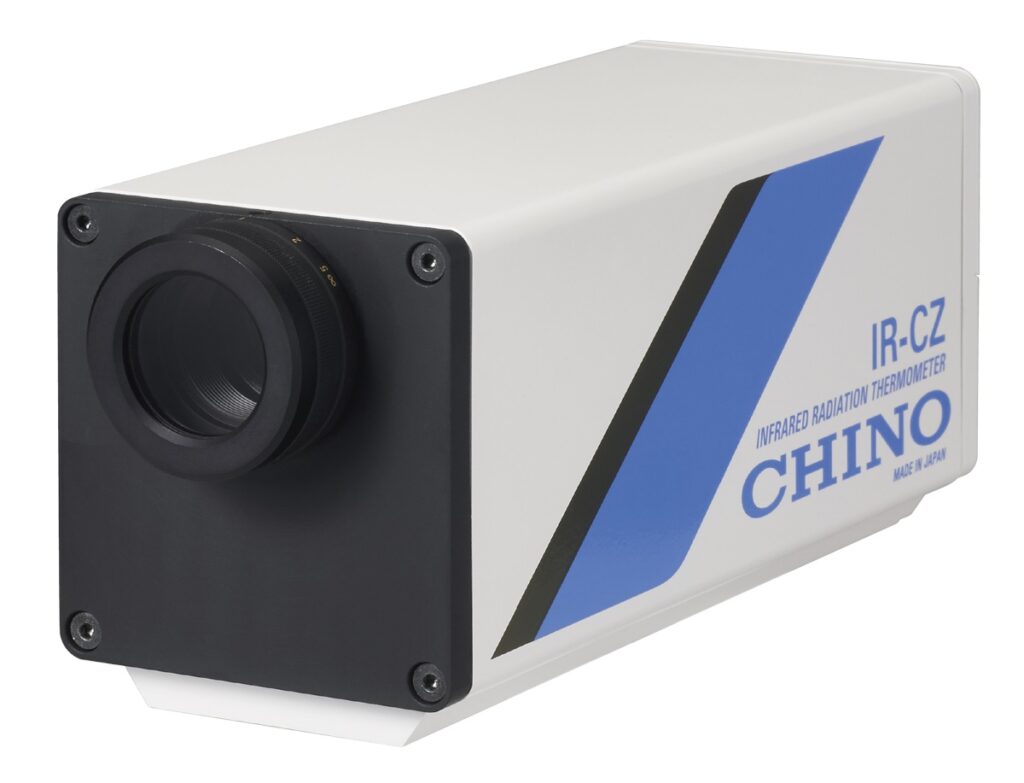
Importance of Temperature Measurement
With the expected higher demand for next-generation power semiconductors, advanced materials are likely to have a higher melting point than silicon and increased wafer size is anticipated. These require new measurement knowledge.
Amid the progress of semiconductor miniaturization, the requirement of temperature control in the manufacturing process is becoming more and more severe. Platinum-based sensors called resistance thermometer bulbs are used in circuit pattern formation and etching processes. In class A, which is becoming more popular in semiconductor manufacturing, the required accuracy is ±0.15+0.002´T, with T being the temperature (°C). In this class, measurement with an error lying in the range of ±0.35°C at 100°C, which is extremely accurate in comparison with conventional thermocouples, is possible.
According to the company, advanced microfabrication and manufacturing in the low temperature range generate demand for highly accurate temperature measurement. For example, there is a need to measure processing temperature in an apparatus with high accuracy in process, like etching, and conventional thermocouples are being replaced with the new thermometers.
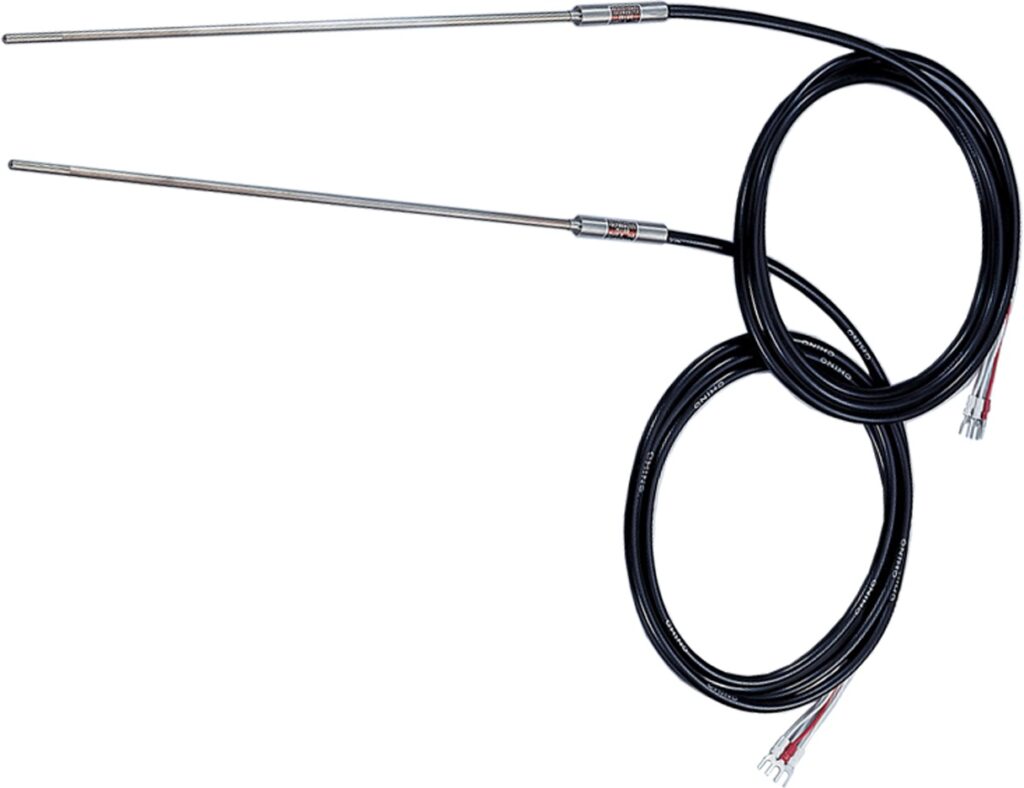
Responding to the recent trend of increasing semiconductor production, thermometers are now being used on a trial mode with full-scale adoption poised to increase.
Various kinds of gases are also used in semiconductor factories. It is important to control the temperature of the piping connected to the site as well as during storage. This is because the temperature loss between the storage and the site can affect the quality of the product. In fact, if gas enters a cold pipe, it will crystallize and cause pipe clogging.
Chino is scheduled to release a piping temperature control unit this summer. It is an integrated type of controller and compact and lightweight control element (SSR). It will be proposed for equipment manufacturers and gas supply manufacturers for practical use.
Chino is certified for temperature measurement by the Japan Calibration Service System and is likely to be selected for its reliability.

